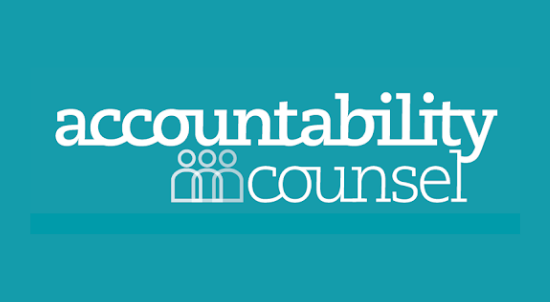Without Accountability, Climate Finance Won’t Stand a Chance of Protecting Biodiversity

Climate finance is having its heyday. With biodiversity under threat and climate change already wreaking havoc, an almost unchallenged proposition is that we need more climate finance to save people and our planet.
For increased climate finance to meet its ambitions, however, it has to be good. And right now, the prevailing model is far from it. As global leaders convene for the UN’s upcoming COP-16 biodiversity conference in Colombia, they shouldn’t simply demand more climate finance, but rather should champion better climate finance. In fact, if the COP-16 agenda is dominated by how to mobilize capital, without commitments making that capital accountable to people and the planet, the UN conference risks greenwashing for the financial sector.
First, let’s unpack the problem. Some climate investors actually cause harm to the environment because they do not respect the rights of local communities.
Development banks, including the World Bank Group, Asian Development Bank, and European Investment Bank, announced recently that they provided a record high of $125 billion in climate financing dollars in 2023. What they failed to admit to, however, is that their investments have historically harmed the environment. At Accountability Counsel, we have worked directly with communities trying to protect their local environments from climate finance, including in Nepal and Liberia, where renewable energy projects caused deforestation, and in Mongolia where mining for transition minerals poisoned freshwater. We’ve also seen how respecting local communities’ expertise can protect the environment: for example in Mexico, where a hydropower project was stopped after local environmental defenders called attention to risks, and in Myanmar, where a conservation project would have increased deforestation had Indigenous communities not raised the alarm and convinced investors to pause.
These aren’t just select examples. Data across development finance globally show a troubling pattern of environmental harm. Many of the MDBs have channels in place for local communities directly impacted by their projects to raise concerns, which we track at Accountability Counsel. Of 2,010 complaints to development banks through these channels, local communities raise environmental harms in 611 complaints, and notably, harm to biodiversity specifically is alleged in 134 complaints.
Development banks, often situated far from the projects they finance, do not consider or respect the expertise of local communities. Communities raise inadequate due diligence, consultation, and disclosure in 739 of all complaints (37%).
We also tracked what banks do when faced with complaints alleging environmental and human rights harms stemming from their investments, and the findings are bleak. Of the 1,895 closed cases, banks themselves only document having attempted any remediation in 8% of them.
In other words, development banks know that their projects contribute to harm, largely don’t redress it, and then use the same approach to climate finance. Unless they commit to learning from–and remediating–past mistakes, they cannot be the solution to the climate and biodiversity crisis moving forward.
Now, let’s name the solution. For climate finance to be better, it has to be accountable.
Climate investors should hear from and respond to the expertise of local communities, who not only bear the most risk when investments go off-track, as the negative impacts destroy their lives, livelihoods, and environments, but also know best what projects will actually succeed in their local contexts.
One practical way for climate financiers to bridge that knowledge gap is by establishing channels to hear from local communities about negative impacts and redress the issues raised. When countries discuss the implementation of Global Biodiversity Framework later this month, they should enshrine an expectation that all investors establish truly effective accountability channels. Already, regulations and investment standards have recognized that accountability mechanisms that connect investors to local communities are a basic tenet of good governance. More than 150 investors have such mechanisms in place to some degree, but very few of them work effectively, and even if they do, investors are reluctant to respond to findings of noncompliance and harm. At this point, if an investor does not have an effective accountability channel in place, it shouldn’t be trusted to engage in climate finance.
At the COP16 biodiversity conference this month, I expect to hear why we need more climate finance and ways UN member states can enable that to happen. I doubt I’ll hear nearly enough about how to truly make climate finance better by making it accountable to people and the planet. If banks and development institutions fail to embrace their responsibility to local communities impacted by their investments, they risk worsening the crises they are committed to resolve. The consequences of their inaction – for our planet and communities around the world who are most impacted by biodiversity loss and climate change – are simply too high.

